
Record number of NSF CAREER awards received
Sustainable fuels, democratized programming tools, and Internet censorship countermeasures are a few of the projects’ broad potential impacts.

Sustainable fuels, democratized programming tools, and Internet censorship countermeasures are a few of the projects’ broad potential impacts.
Updated Nov. 10, 2023
Eighteen Michigan Engineering faculty members received National Science Foundation CAREER awards—among the most prestigious the agency provides to early-career faculty—in the 2022 funding cycle.
This year’s NSF CAREER success rate of 62% is the highest in the College’s recorded history, adding to the year’s record high of 18 CAREER awards and 29 applications.
“While the quantity of CAREER awards our faculty landed this year is certainly good news, what impresses me most is the quality of the ideas that were put forth. We’re grateful to NSF for providing our early-career faculty with support that allows them to think big and pursue blue sky ideas,” said Eric Michielssen, associate dean for research at Michigan Engineering and the Louise Ganiard Johnson Professor of Engineering in electrical and computer engineering.
Recipients are:
Andew Allman, assistant professor of chemical engineering, for the project titled “An objective reduction framework for sustainable process systems.” Allman will develop mathematical tools and publicly available software to optimize sustainable decision-making in the face of numerous competing objectives. While his framework will initially be geared toward chemical process systems, it will be generalizable and applicable to other fields. Read more from CHE.
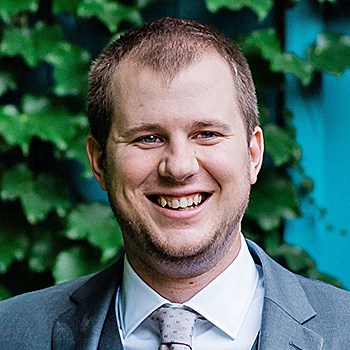
Nikola Banovic, assistant professor of computer science and engineering, for the project titled “Achieving Explainable Artificial Intelligence (AI) through Human-AI Interaction.” Banovic’s goal is to make explanations about how AI makes decisions more understandable to the people who use it, rather than just to computer scientists. The ability to explain and justify the decisions made by AI)is of critical importance to technology-driven innovation and broad societal adoption of artificial intelligence, the proposal states. Read more from CSE.
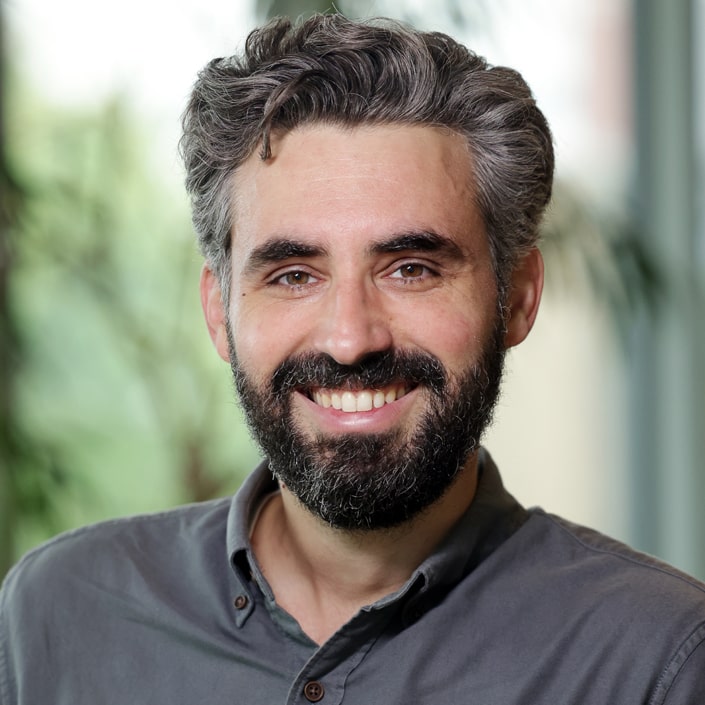
Mahdi Cheraghchi, associate professor of computer science and engineering, for the project titled “Efficiency considerations in list decoding and pseudorandomness theory.” Cheraghchi will explore connections between coding theory, particularly list decoding of error-correcting codes, and the theory of pseudorandomness at the core of computer science. “While coding theory is about removing unwanted randomness caused by noise from data, pseudorandomness is about generating randomness,” Cheraghchi said. Both suffer from growing gaps between the state of the art in theory and in practice, which the project is designed to investigate. Read more from CSE.
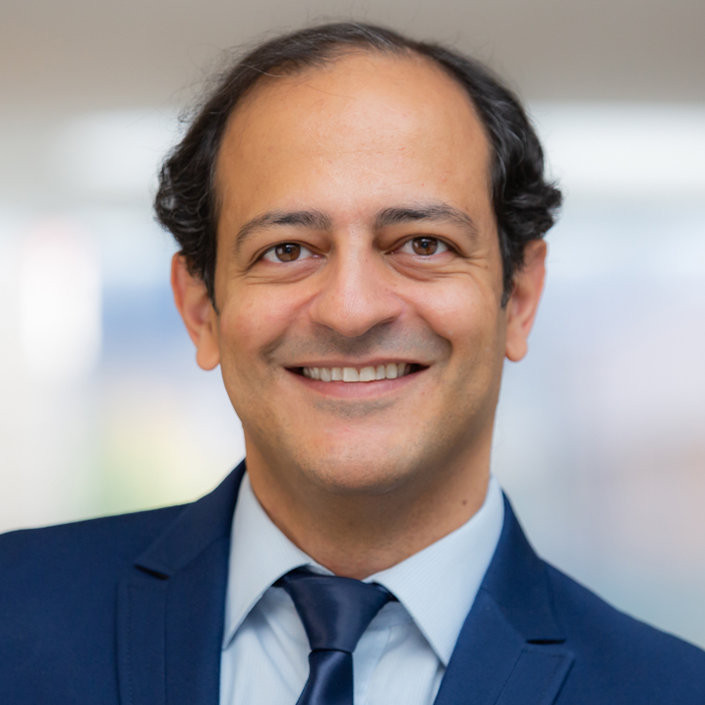
Roya Ensafi, the Morris Wellman Faculty Development Assistant Professor of Computer Science and Engineering, for the project titled “Internet-wide censorship detection, diagnosis, and circumvention beyond nation-state censorship.” Ensafi is working to advance the scientific understanding of contemporary online censorship and develop principled and effective countermeasures. In this project, she’ll lead the design and validation of new methodologies for detecting censorship by governments and non-governmental actors alike. Read more from CSE.
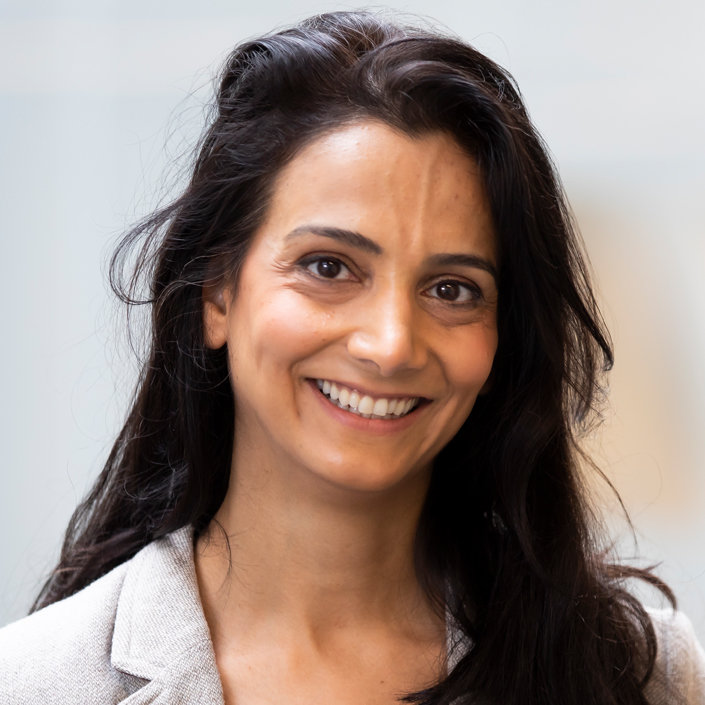
Bryan Goldsmith, the Dow Corning Assistant Professor of Chemical Engineering, for the project titled “Single-Atom Alloy Catalyst Design for the Electrocatalytic Reduction of Nitrate to Ammonia: Linking Electronic Structure to Geometry and Catalytic Performance.” Goldsmith’s project seeks to answer critical scientific questions that could advance a promising approach to converting nitrate—one of the world’s most ubiquitous groundwater pollutants—into valuable ammonia. Read more from CHE.
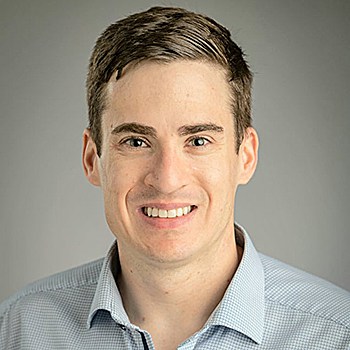
Jerard Gordon, assistant professor of mechanical engineering and materials science and engineering, for the project titled “Understanding multiscale sintering kinetics and microstructural evolution in binder-based metal additive manufacturing.” Illuminating the fundamental mechanisms involved in solid-state sintering, an energy-efficient industrial manufacturing process, is the goal of Gordon’s project. Solid-state sintering uses heat to turn powder into a porous solid without fully melting the powder. It has the potential for more widespread use, including in the auto industry, but challenges remain in accurately predicting the final product. Gordon will use high powered X-ray experiments and high magnification electron microscopes to directly observe and image powder surfaces and the internal structure of powders undergoing sintering in real-time.
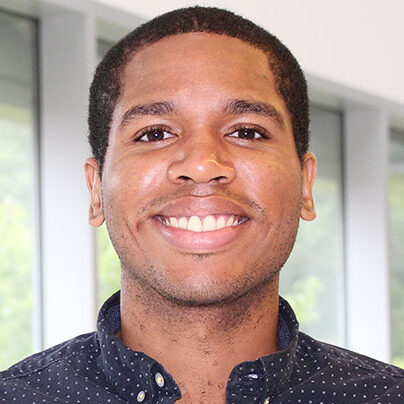
Alex Gorodetsky , assistant professor of aerospace engineering, for the project titled “New Foundations for Multi-Fidelity Prediction, Estimation, and Learning Under Uncertainty in Dynamical Systems.” Gorodetsky aims to improve the autonomous systems that estimate the effects of prediction uncertainty on planning and control decisions for autonomous flight of soaring aircraft and in urban environments. Autonomous soaring aircraft offer new fuel-efficient approaches for travel, reconnaissance, and observation, including in hard-to-reach areas of the atmosphere. Their built-in simulators make assumptions about the presence of atmospheric boundary layers and updrafts to optimally extract energy from the prevailing winds. Read more from AERO.
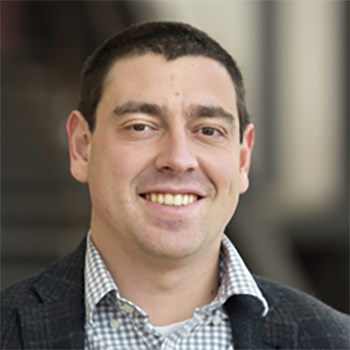
Paul Grubbs, assistant professor of computer science and engineering, for the project titled “End-to-End Encryption for Managed Networks.” The ultimate goal of Grubbs’ project is to improve security and privacy protection in managed networks administered by a single organization such as a business, hospital, or school. Today’s typical approaches don’t allow traffic on such networks to be encrypted. Grubbs aims to change that by applying cryptography approaches and focusing on three critical areas of incompatibility between encryption and network management: policy enforcement, analytics, and network services. Read more from CSE
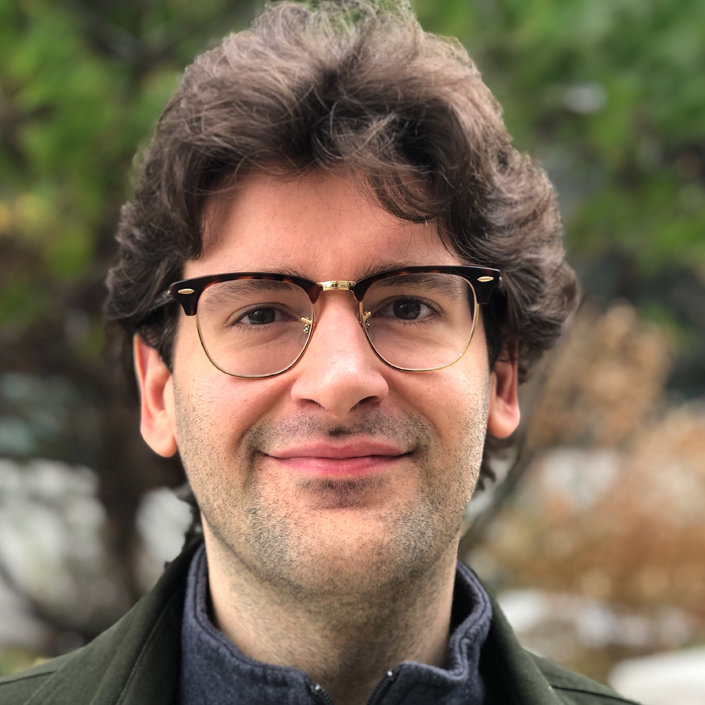
James Holly, Jr., assistant professor of mechanical engineering, for the project titled “Learning from Black Intellectualism to Achieve Epistemic Diversity in Engineering.” In engineering education, students have traditionally been taught how to solve problems from the perspective of predominantly white stakeholders, and not marginalized communities of color who also feel the effects of emerging technologies. Students have not been taught to understand the “political implications of engineering knowledge,” Holly, Jr. has argued. His project will convene engineering educators from across the nation to develop a roadmap for revising courses to center informed understandings of Black social realities. Read more from ME.
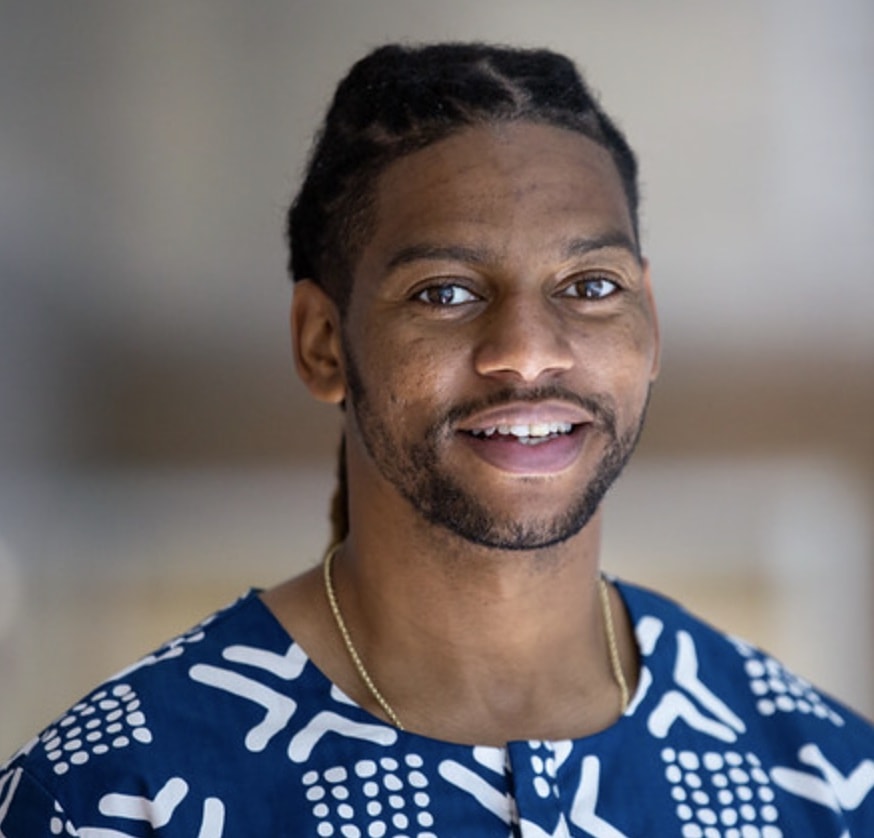
Jovan Kamcev, assistant professor of chemical engineering, for the project titled “Charge Delocalization: A New Tool for Controlling Ionic Selectivity and Conductivity of Ion-Exchange Membranes.” Treating highly-impaired waters from hydraulic fracturing and desalinating seawater for various applications could potentially be accomplished with a membrane-based technology called electrodialysis. But today, it’s energy intensive and inefficient. Kamcev will investigate the connection between membrane performance and the chemical identity of the charged groups and develop structure/property relationships that could guide the design of more effective and efficient membranes. Read more from CHE.
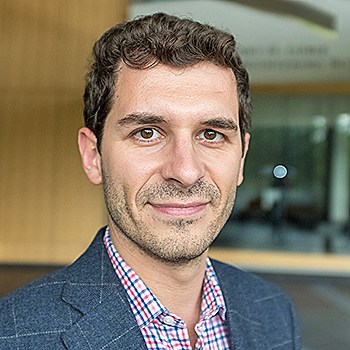
Euiwoong Lee, assistant professor of computer science and engineering, for the project titled “Towards Optimal Approximabilities for Clustering. Lee will design efficient new data clustering algorithms with improved performance guarantees. Clustering—one of the most basic tasks in unsupervised machine learning—involves grouping similar objects together. Lee aims to create algorithmic techniques that advance the state-of-the-art and build new connections between various fields of computer science and mathematics, including optimization, complexity theory, geometry, combinatorics, and analysis. Read more from CSE.
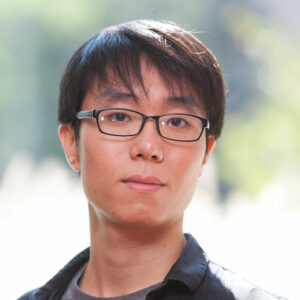
Cyrus Omar, assistant professor of computer science and engineering, for the project titled “Live and Direct Programming Environments.” In a project that could ultimately lower the barrier to entry in the field of computing, Omar will develop programming environments that bridge the gap between a program sketch and a finished program for novices and experts alike. He’ll use a mechanism called “tile-based editing” that provides programmers with live feedback throughout the coding process, without requiring the elimination of every compiler error before checking the program’s behavior. Read more from CSE.
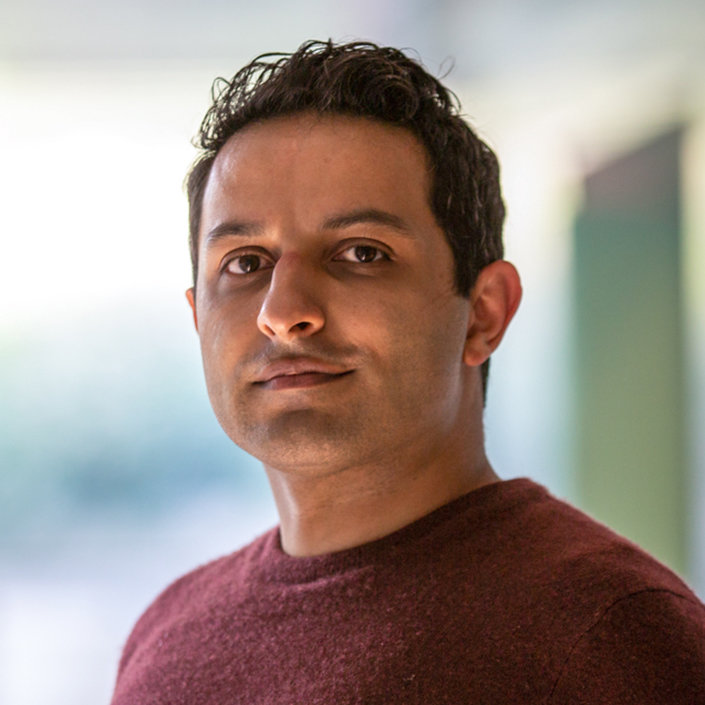
Thatchaphol Saranurak, assistant professor of computer science and engineering, for the project titled “Theory for Dynamic Graph Algorithms.” Saranurak will study dynamic graph algorithms, which are needed to replace traditional graph algorithms due to the dynamic nature of the data in modern applications such as the internet/traffic/social networks. The goal of the project is to deepen, broaden, and popularize recent breakthroughs and continue addressing fundamental barriers in the field. Read more from CSE.
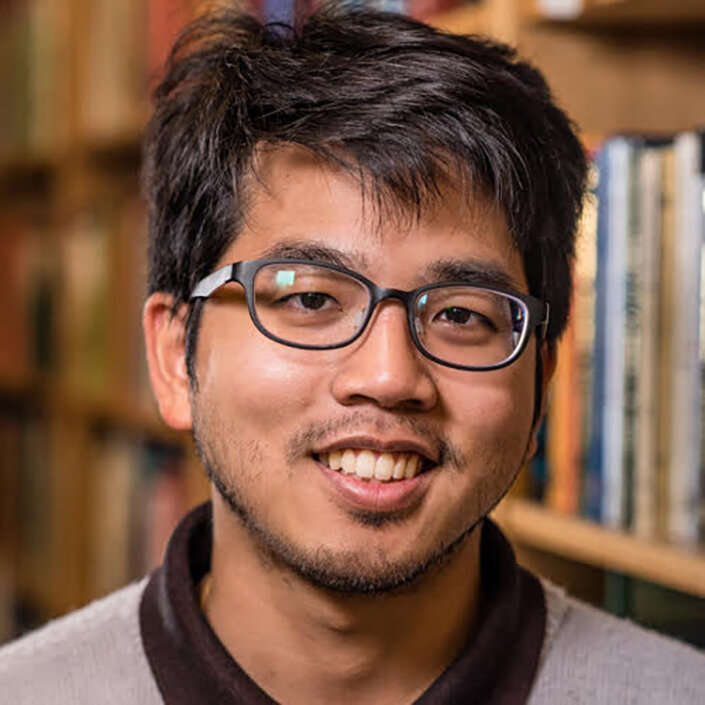
K. Alex Shorter, assistant professor of mechanical engineering, for the project titled “Towards the Creation of a Dynamic Modeling Framework to Generate New Knowledge About Swimming Biological Systems.” Shorter will produce first-of-their-kind estimates of the energetic cost during free swimming of bottlenose dolphins, work that could inform policy and management practices that reduce the impact of human activities on these animals. The new knowledge developed over the course of this project will impact the fields of biologging, biomechanics, and the modeling of dynamical systems.
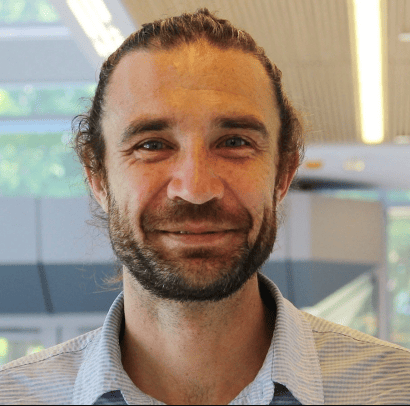
Nirala Singh, assistant professor of chemical engineering, for the project titled “Understanding the Interdependence of Cation and Anion Adsorption for Electrocatalytic Nitrate Reduction.” Singh’s objective is to deepen understanding of what factors impact the rates of electrocatalysis, a process that uses renewable electricity to drive low temperature and pressure reactions for distributed sustainable fuel generation, waste treatment, and energy storage. He’ll focus on electrocatalysis to convert waste nitrate to valuable products such as ammonia as a case study for sustainable chemical processes. By studying the interaction of the cations with the nitrate anion through UV-Vis, Raman, and X-ray absorption spectroscopy and comparing to kinetics, he’ll identify how these cation-anion interactions impact the adsorption energies and rates.
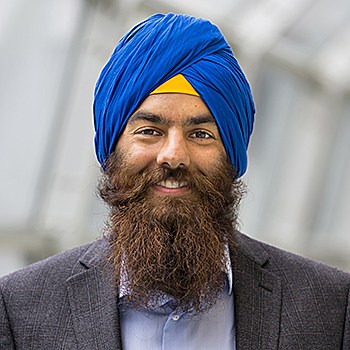
Aaron Towne, assistant professor of mechanical engineering, for the project titled “Scale-dependent space-time reduced-order models for turbulent flows.” Turbulent flows, ubiquitous in science and engineering, are expensive to simulate and challenging to model. Towne will develop a new class of reduced-order models that, by respecting key aspects of turbulent flow physics, overcome longstanding limitations of previous methods. These new tools can be applied in academia, government labs, and industry to achieve objectives such as preventing the adverse health effects of excessive noise exposure by mitigating acoustic emissions of jet engines and wind turbines and improving our understanding of climate change by enhancing predictive modeling capabilities of geological flows. Read more from ME.
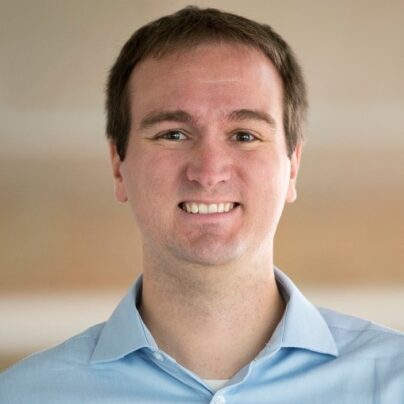
Xinyu Wang, assistant professor of computer science and engineering, for the project titled “Interactive Program Synthesis for Web Automation.” Wang is creating an AI-based programming assistant designed to enable non-experts in need of performing a tedious but programmatic web-related task to create a program to automate the work, even if they have little or no background in web programming. He is developing a suite of new rewrite-based program synthesis algorithms that can automatically generate programs from user demonstrations. Read more from CSE.
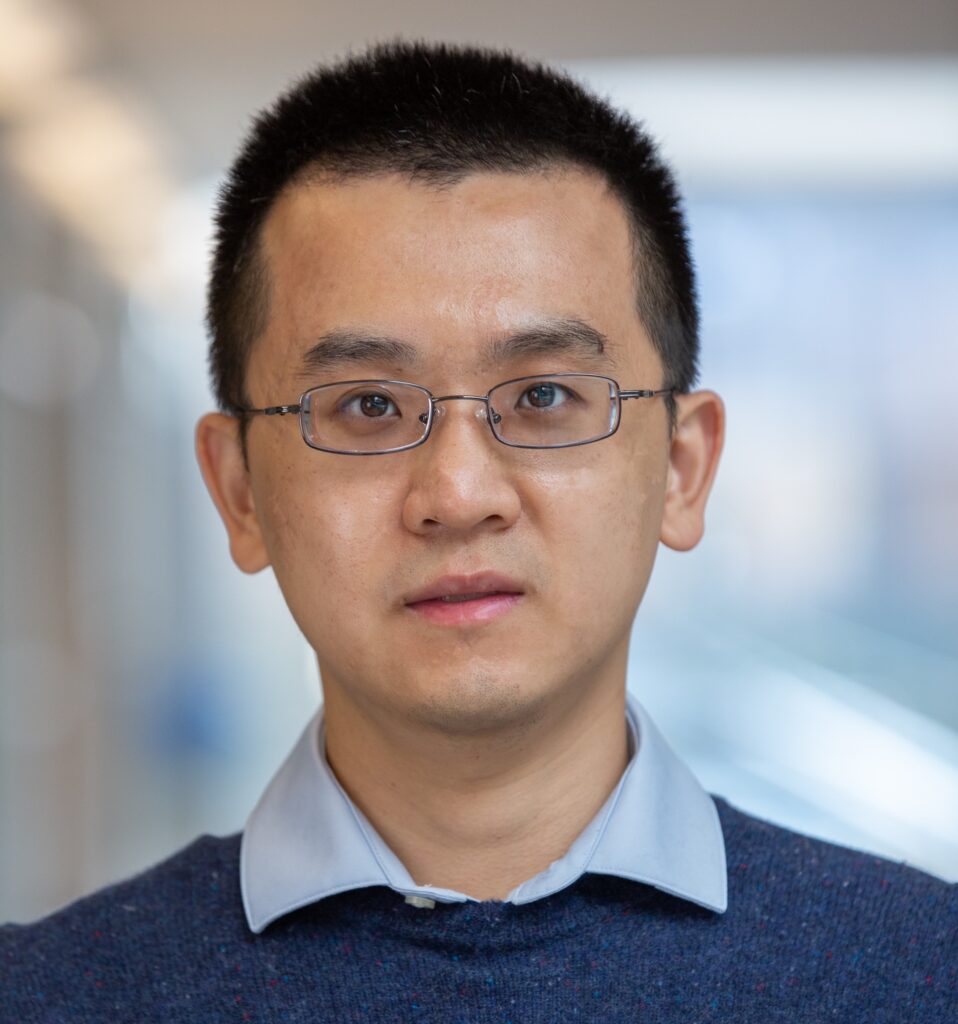
Liang Zhao, associate research scientist in the Department of Climate and Space Sciences and Engineering, for the project titled “Uncovering Solar Wind Composition, Acceleration, and Origin through Observations, Modeling, and Machine Learning Methods.” Zhao will integrate modeling, machine learning, and data from 32 years’ worth of missions, including NASA Ulysses, ACE, Wind, Parker Solar Probe, and Solar Orbiter to answer questions about the solar wind, a stream of charged particles emanating from the sun. The broader impacts of the project include outreach to Ann Arbor and Detroit area high schools.
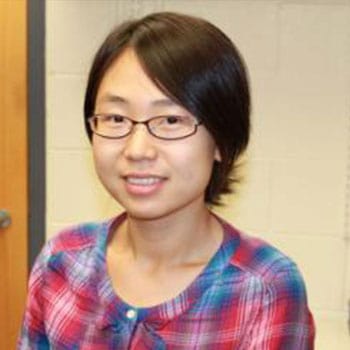
About 30 assistant professors are currently preparing CAREER proposals for next year’s July 26 deadline. The Office of the Associate Dean of Research has been hosting workshops and consulting sessions in partnership with other departments on campus to ensure the proposals are as competitive as possible.